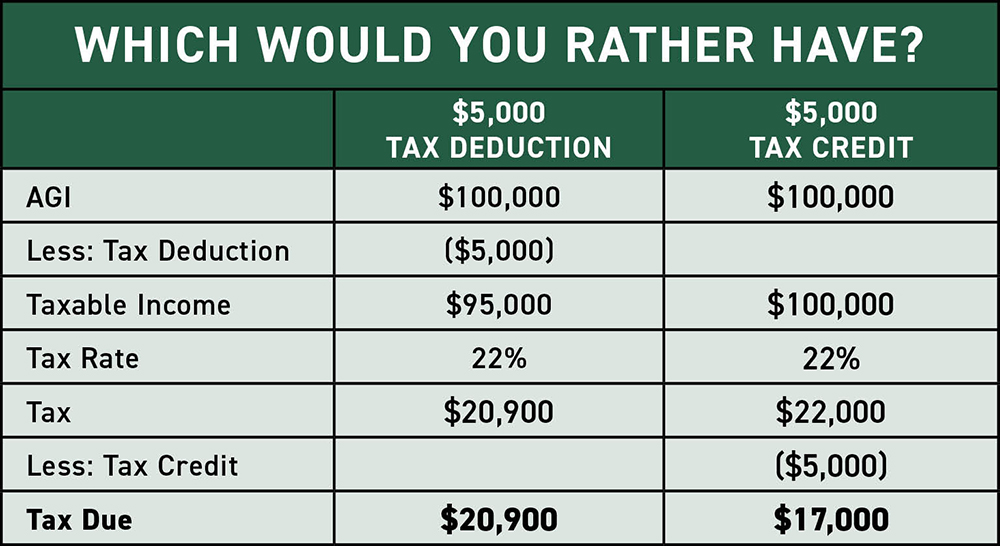Your credit report is your financial biography. It’s key to determining the interest rates you’ll pay on loans and can impact a job application if you work in certain fields. You’ll want to review all three of your credit reports at least once a year to ensure they are correct.
THREE REPORTS
According to a Consumer Reports study in 2021, one in three people reported finding errors on one of their credit reports. There are three credit reporting companies: TransUnion, Experian, and Equifax. You’ll want to review your report from all three. Just because your Experian report is correct doesn’t guarantee your Equifax report contains the same information.
IT’S PERSONAL
Start by reviewing the personal information (name, address(es), and dates of birth) to ensure that the data is correct. If you see an address you don’t recognize, it could signify that someone has misused your Social Security Number. This could be an early warning sign of identity theft.
ACCOUNT STATUS
Next, review all the accounts reported to the credit bureau. Ensure you know what each one is for and that you opened the account. Also, look at the payment status of each account for accuracy. Even one incorrect notation of a late payment can significantly impact your credit score.
You can receive each of your credit reports free once per year at Annualcreditreport.com.






